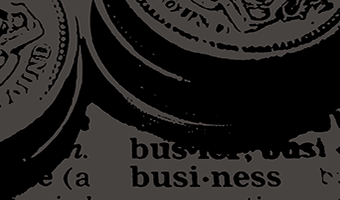RPI to CPI brought forward
In respect of the business rates multiplier (UBR in old money), the chancellor said he would bring forward the planned switch from RPI to CPI-based increases by two years, to 1 April 2018.
So instead of an increase of 3.85% from 1 April 2018, the multiplier will now increase by 3%, effectively saving ratepayers £2.3 billion.
However, the effects of transitional arrangements must be factored in when calculating rate bills from 2018-19 and beyond. Many had hoped for a freeze in the multiplier from 1 April 2018 or a cap at say 2%. It was not to be.
More frequent valuations
Business rate revaluations have taken place every five years since 1990, with the exception of the 2010 revaluation, which was extended to seven years. From 2022, revaluations will take place every three years; a change which was called for by many business ratepayers and their advisors and is to be welcomed.
There is no reference to any change to a self-assessment system that the Government have recently consulted on and there is a feeling this may now be shelved.
Light relief for pubs
Public houses with a rateable value of below £100,000 will benefit from an extension of the up to £1,000 reduction on their rate bills into 2018-19. This will obviously be welcomed from those within the sector, but there will no doubt be calls of unfairness and injustice from other sectors.
'Staircase tax' axed
The hugely unpopular ‘staircase tax’ (Supreme Court decision in 2015 Woolway vs Mazars), which ruled that businesses occupying multiple floors in a building (or adjacent industrial buildings or similar - that don’t intercommunicate internally) should be separately assessed for business rates purposes if their corridors or staircases were communal, leading to backdated and increased rates bills, is to be reversed.
Affected businesses will be able to ask the Valuation Office Agency (VOA) to have their original bill reinstated and backdated up to 1 April 2010 – including those who lost small business rate relief as a result of the staircase tax judgement. The Government will publish draft legislation on this shortly.
This will surprise many. It is the first time that a significant change in rating law (that generated additional business rates) brought about by a court decision has effectively been reversed. The Supreme Court decision and its effects is an example of the law of unintended consequences?
REGISTER FOR UPDATES
Get the latest insight, event invites and commercial properties by email



